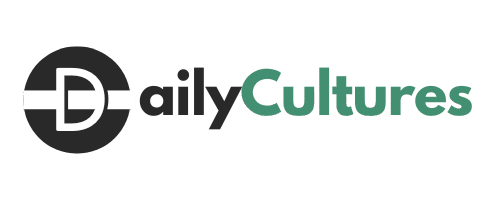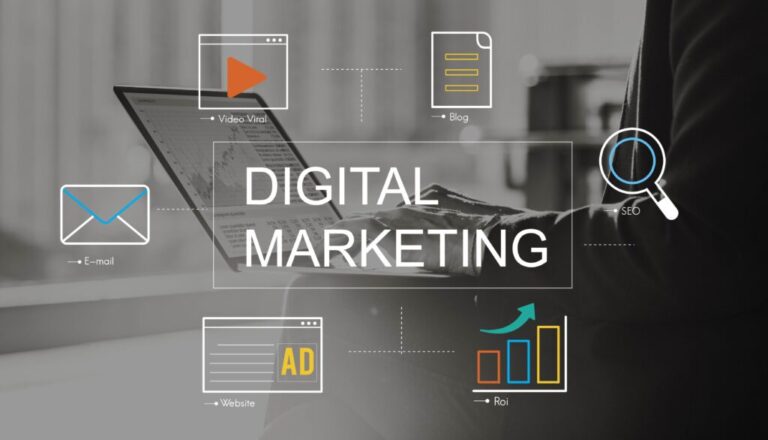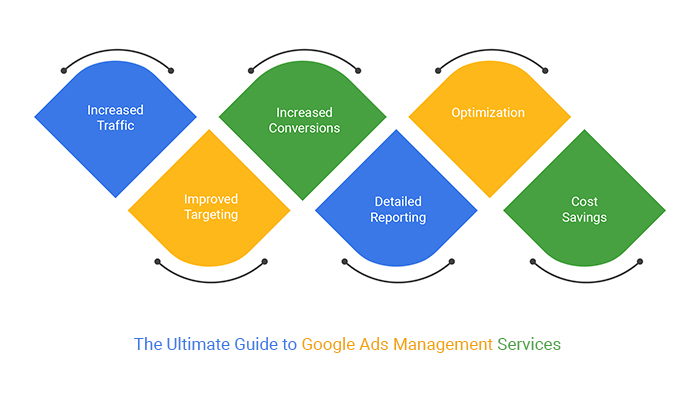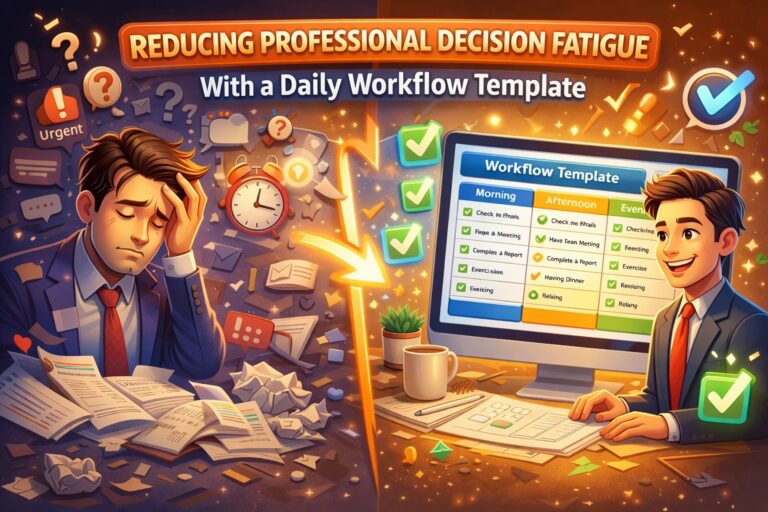How CRM Software Streamlines Customer Management and Boosts Sales

In today’s competitive business environment, managing customer relationships efficiently is crucial for growth and profitability. Organizations are increasingly turning to CRM Software to streamline customer management, enhance communication, and drive sales. CRM, or Customer Relationship Management software, centralizes customer information, automates routine tasks, and provides actionable insights to improve business performance.
CRM software is designed to consolidate all customer interactions into a single platform, making it easier for sales, marketing, and support teams to access relevant data. By having a unified view of customer profiles, purchase history, and communication preferences, businesses can offer personalized experiences, nurture leads more effectively, and convert opportunities into revenue.
Key Features of CRM Software
Centralized Customer Database
At the heart of every CRM system is a centralized database that stores detailed customer information. This includes contact details, transaction history, communication logs, and behavioral insights. Having this information in one place eliminates the inefficiencies of scattered spreadsheets and enables teams to collaborate seamlessly.
Automated Sales Processes
CRM software automates repetitive sales tasks such as follow-up reminders, email campaigns, and lead assignment. Automation not only saves time but also reduces human error, ensuring that no opportunity is overlooked. Sales teams can focus on building relationships and closing deals rather than managing administrative work.
Lead Management
Efficient lead management is crucial for driving sales growth. CRM software allows businesses to track leads from initial contact through conversion. By scoring leads based on engagement and interest, sales teams can prioritize high-potential prospects, improving conversion rates and revenue.
Customer Segmentation
CRM platforms enable segmentation of customers based on demographics, buying behavior, or engagement patterns. Targeted communication improves the relevance of marketing campaigns, increases customer engagement, and enhances overall satisfaction.
Analytics and Reporting
One of the most powerful aspects of CRM software is its ability to provide real-time analytics and reporting. Businesses can monitor sales performance, track customer trends, and measure the effectiveness of campaigns. These insights empower decision-makers to identify opportunities for growth and refine strategies.
Integration with Other Tools
Modern CRM software often integrates with email marketing platforms, social media channels, e-commerce systems, and customer support tools. This integration ensures that all customer touchpoints are connected, providing a holistic view of interactions and enabling seamless multi-channel communication.
Customer Support Management
CRM software helps streamline customer support by providing service agents with access to the customer’s complete interaction history. This allows support teams to resolve issues faster, provide personalized responses, and enhance the overall customer experience.
Benefits of Using CRM Software
Improved Customer Relationships
By having detailed insights into customer preferences and history, businesses can provide personalized experiences that foster loyalty. Stronger customer relationships lead to repeat business, positive reviews, and referrals.
Increased Sales Efficiency
CRM software streamlines the sales process by automating routine tasks and providing visibility into pipeline stages. Sales teams can prioritize leads, follow up promptly, and close deals faster, directly impacting revenue growth.
Enhanced Marketing Effectiveness
With segmentation and analytics, CRM software allows marketers to tailor campaigns to specific audience segments. This targeted approach results in higher engagement, better lead conversion, and improved return on marketing investment.
Data-Driven Decision Making
The reporting and analytics features of CRM software provide actionable insights that guide business decisions. Companies can identify trends, measure performance, and optimize strategies for better results.
Better Collaboration
CRM software serves as a centralized hub for teams across departments. Sales, marketing, and support teams can share information, coordinate efforts, and maintain consistency in customer communication.
Scalability
As businesses grow, CRM software can scale to accommodate larger customer bases and more complex workflows. This ensures that customer management remains efficient regardless of organizational size.
Practical Applications of CRM Software
- Tracking leads and managing sales pipelines
- Managing marketing campaigns and customer segmentation
- Monitoring customer support tickets and service quality
- Automating follow-ups and reminders
- Analyzing customer behavior and purchasing patterns
Conclusion
CRM software is an indispensable tool for modern businesses aiming to streamline customer management and boost sales. By centralizing customer data, automating sales processes, and providing actionable insights, CRM systems enhance efficiency, improve customer relationships, and drive growth. Organizations that leverage CRM software effectively can gain a competitive edge, deliver personalized experiences, and maximize revenue potential.






